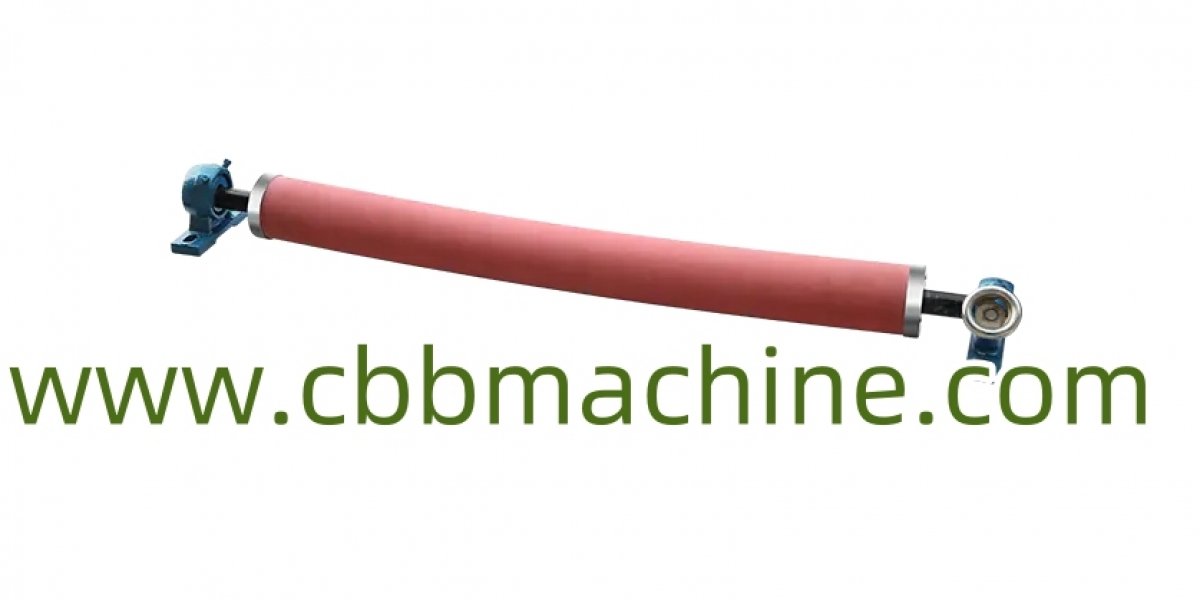In modern manufacturing and packaging processes, the Banana Rollers play a pivotal role in efficiently transporting cylindrical or delicate materials across production lines. These rollers are designed to reduce friction and ensure smooth movement, enabling consistent handling of products while minimizing damage. Industries ranging from food processing to pharmaceuticals rely on such equipment to maintain high-quality standards and streamline production operations.
One of the main advantages of using these rollers is their ability to adapt to varying sizes and shapes of products. By providing a stable and controlled surface, they facilitate seamless transition from one section of the production line to another. This adaptability not only reduces downtime but also improves overall workflow efficiency. Manufacturers often customize rollers to match specific requirements, ensuring that the production line remains flexible and efficient under different operational demands.
Maintenance and longevity are other critical aspects of roller systems. High-quality rollers are constructed from materials that resist wear, corrosion, and mechanical stress. This durability ensures a long service life, reducing the frequency of replacements and minimizing interruptions in production schedules. Routine inspections, proper lubrication, and timely adjustments contribute to optimal performance and help maintain consistent product quality over time.
The design of rollers also impacts energy consumption and operational costs. Smooth rotation and efficient load distribution reduce the amount of force needed to move products, translating to lower energy usage and decreased operational expenses. In addition, these systems can be integrated with automated monitoring tools, allowing operators to track performance and identify potential issues before they escalate.
Safety considerations are equally important in industrial environments. Properly designed roller systems prevent slippage, jamming, or accidental product displacement. Safety features such as guards, precise alignment, and shock-absorbing mounts contribute to a secure and reliable production environment. By reducing the likelihood of accidents, manufacturers can maintain both employee safety and product integrity.
In addition to their practical benefits, rollers enhance the scalability of production lines. As demand increases, additional rollers or modular units can be added to expand capacity without major modifications. This flexibility allows manufacturers to respond quickly to market changes while maintaining efficiency and consistency.
Overall, incorporating high-quality rollers into industrial systems enhances productivity, reduces operational costs, and ensures safe, reliable handling of products. Businesses that invest in such technology benefit from both immediate improvements and long-term operational stability, positioning themselves for sustained success in competitive markets.








